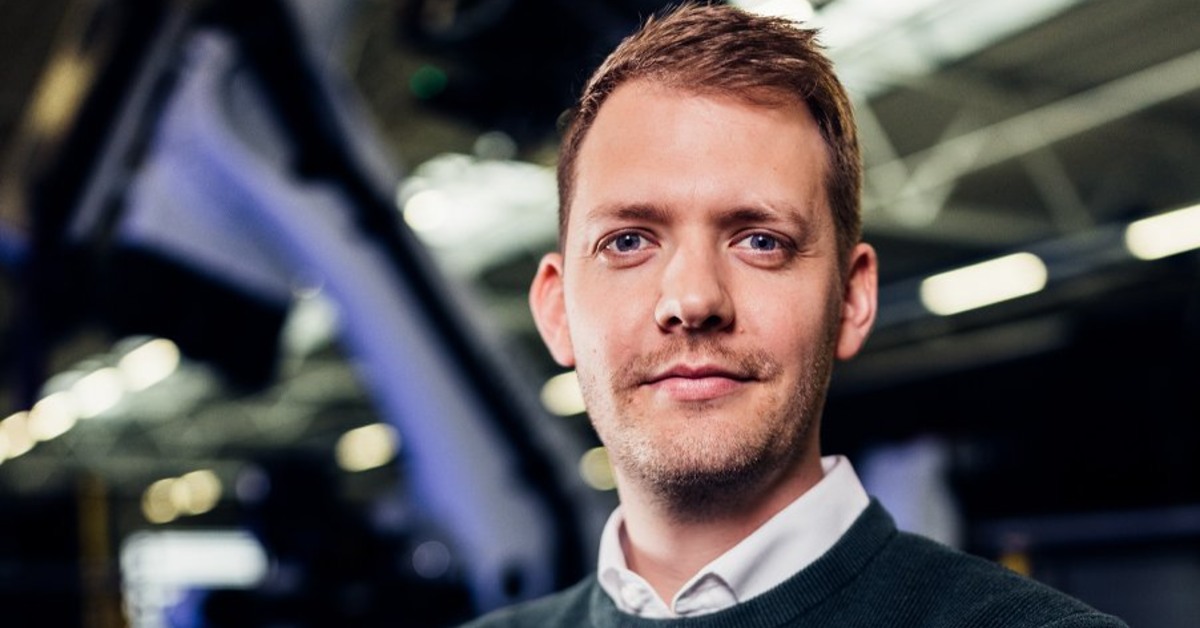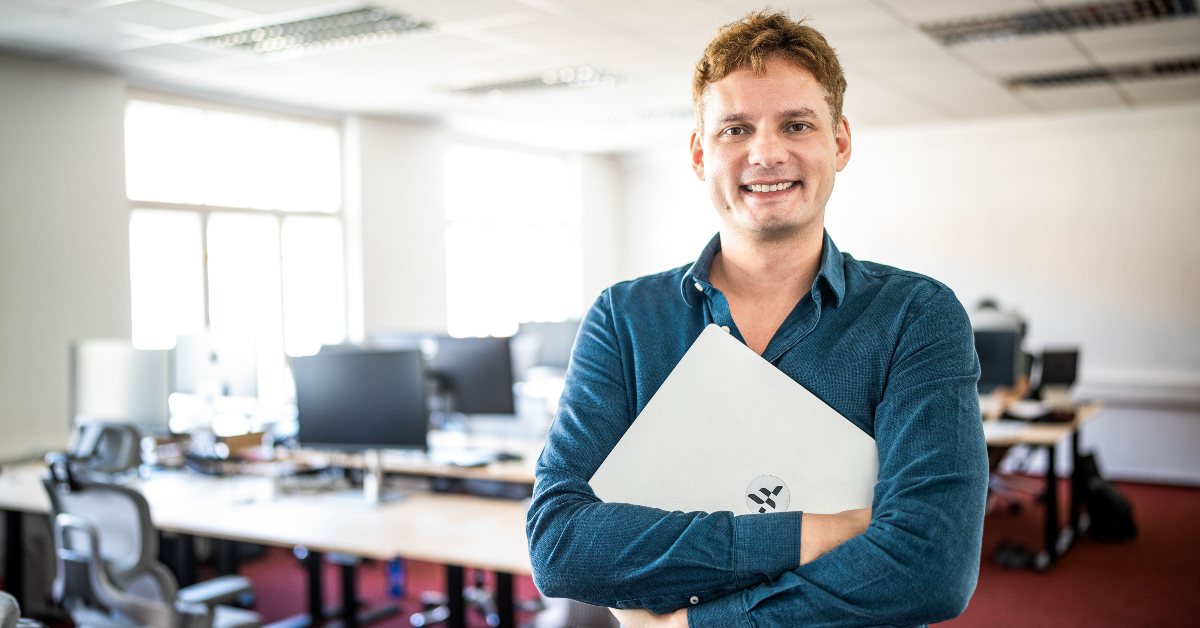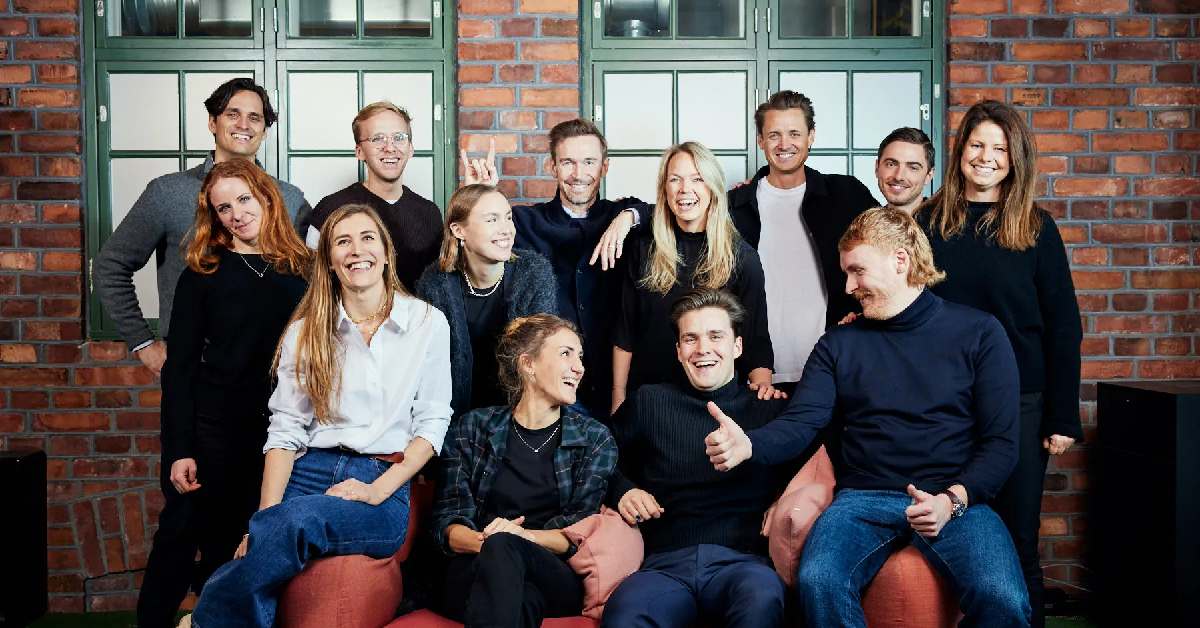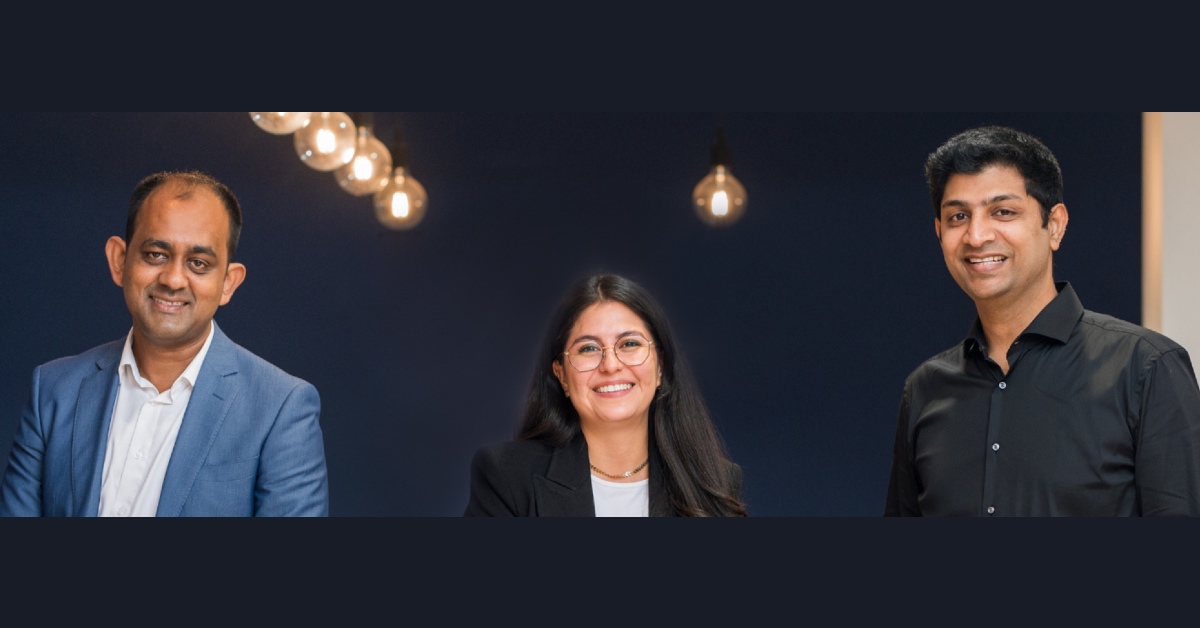Amsterdam-based GoDutch, a fintech company that provides an advanced account for business users, has secured €1.2M in a pre-seed funding round.
Founders of Dutch neobanks such as René Frijters and Mike de Boer (Knab) and Bart Wesselink (former COO and CFO of bunq) provided half of the investment.
De Boer adds, “GoDutch is an excellent choice for entrepreneurs with a limited company who want to quickly open a business account that makes their workday easier. The fact that you can open an account in just three hours makes it stand out, and as investors, we were quite impressed by Thomas Vles’s drive to succeed. In a short amount of time, he gathered a formidable group of advisers, investors, and users. With this investment, GoDutch is prepared to grow even further to position itself as the go-to bank for entrepreneurs in the Netherlands.”
A group of early GoDutch users raised the other half of the money.
Fund utilisation
Talking about the fund utilisation to Silicon Canals, Thomas Vles, founder of GoDutch, says, “Product development will receive the majority of the funds. We’re committed to improving our advanced accounts by adding features that make business owners’ lives easier and save time and money.”
The Dutch fintech company is planning to launch an Expense Management feature this Friday. Additionally, the company is working on new features to help entrepreneurs, CFOs, controllers, and bookkeepers reduce administrative tasks.
“Imagine receiving an invoice in your email. You might simply snooze it until the due date, then manually enter the details into your bank account, copying everything field by field. With Go Dutch, you can merely forward the invoice to your dedicated Go Dutch inbox. We process the invoice, and it gets paid automatically at the due date or any given date, depending on your preference.”
The Amsterdam company will also use the funds to ramp up its marketing efforts through Google AdWords and affiliate marketing.
“Although we’ve reached over 5,000 users in the first 10 months without any paid marketing, we are now activating paid channels. We expect this to have a huge impact, as word-of-mouth has been responsible for 70% of our growth so far,” he explains.
GoDutch’s focus on the Dutch market
At present, the company is focusing its operations only in the Netherlands, however, European expansion plans are on the cards.
“The first markets we are considering are those with subprime banking offerings or lower competition. We aim to have full coverage in Northwestern Europe within five years,” shares Vles.
Currently, the company employs around 18 people and is hiring now primarily for customer success and product development.
“While we don’t have fixed roles, we are always interested in meeting talented individuals. Keep an eye on our website and career page for updates on open positions,” he states.
GoDutch: Simplifying business accounts
Founded by Thomas Vles in 2024, GoDutch offers online smart business accounts with a Dutch IBAN.
Users easily manage their accounts through the app, add employees or directors with different permissions, and automate administrative processes such as expense management, invoicing, and payments.
Since its launch, GoDutch has grown to over 5,000 users and processes over €50M in monthly transactions.
About sustaining this momentum, Vles explains, “Besides investing in marketing, we are investing in new features that will make our offering more attractive to entrepreneurs. Our features will prove we are more than a business account, we aim to create a super app for companies with 1 to 50 employees. This will give users more reasons to upgrade, bringing in more subscription revenue and sustaining our momentum.”
The company’s platform is also accessible to self-employed individuals, foundations, and other business entities that encounter challenges in obtaining a business account.
After a quick online application, their local IBAN becomes active within merely three hours.
Keeping AI out of customer service
To enhance the business banking experience, the Dutch fintech company is also investing in artificial intelligence.
According to Vles, these AI integrations work quietly but effectively to simplify backend processes and strengthen compliance.
At present, the Amsterdam-based company uses AI for different purposes, including anti-money laundering (AML), managing expenses, and parts of its support system.
“For the latter, we prefer maintaining a personal connection with our customers rather than relying on AI bots for communication. We believe that for sensitive information, customers prefer interacting with real humans,” he adds.
“Looking ahead, AI will play an increasingly crucial role in our operations. We aim to stay at the forefront of AI utilisation, particularly in areas like AML algorithms. The only area where we deviate from the trend is customer service, where we consciously choose to engage with our customers personally to learn from them and offer them the best experience possible,” he explains.
Trust first – The GoDutch way
In the world of financial services, trust and credibility are two significant pillars. Being a year-old fintech company, establishing trust right from the start has been central to GoDutch’s journey.
“Trust is crucial in banking, and we are fortunate that our customers trust us despite being a new brand. We invest heavily in ensuring every interaction with our service team or company is consistent, clean, and positive,” he says.
Consequently, the company offers its customers a service that other neobanks overlook: phone, email, and chat support in their local language.
Every user is furthermore assigned an account manager who helps the business owner with any urgent questions that may arise.
“Additionally, we work in a heavily regulated industry with partners and a supporting bank, ensuring that customer funds are always safe. This regulatory framework also helps in building trust with our users,” adds Vles.
For software outside the Netherlands, transactions can be uploaded via Open Banking connections. As a result, accountants and financial controllers will free up to 70 per cent of their time because they won’t have to do any reconciliation.
It’s not regulation, but funding
Scaling a fintech company in the Netherlands presents significant challenges, however, regulatory complexities aren’t the biggest concern. According to Vles, the main issue in the Dutch startup ecosystem is the funding gap.
“Most early-stage VCs come from other markets like London, Berlin, and Paris. Until you reach about 2 million in annual recurring revenue, there are limited VC options in the Netherlands. This funding gap is more of an issue than a regulatory challenge,” he concludes.










01
From Mexico City to Rotterdam: How the Dutch Startup Visa launched Estefania Hernandez’s HR tech revolution